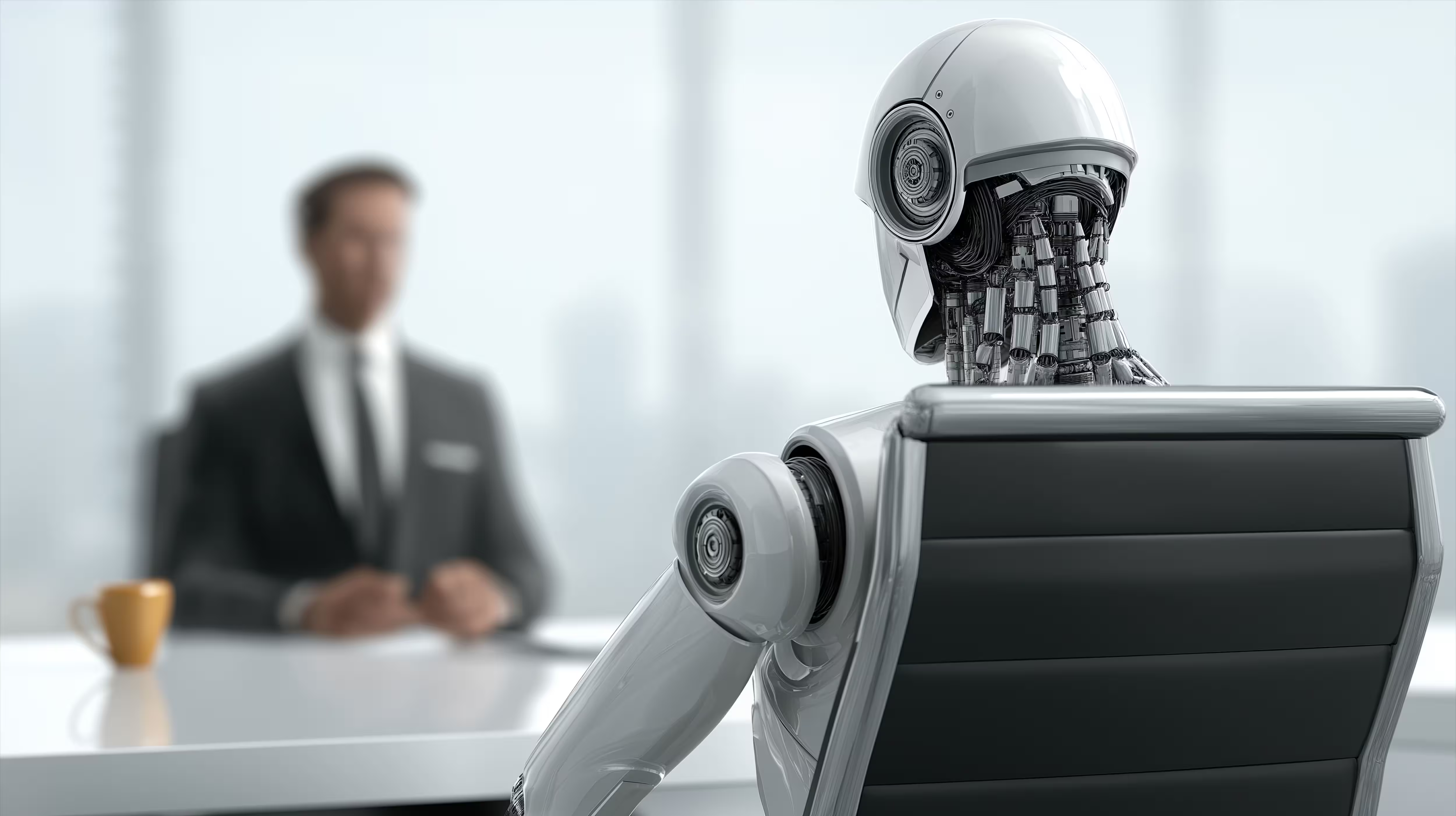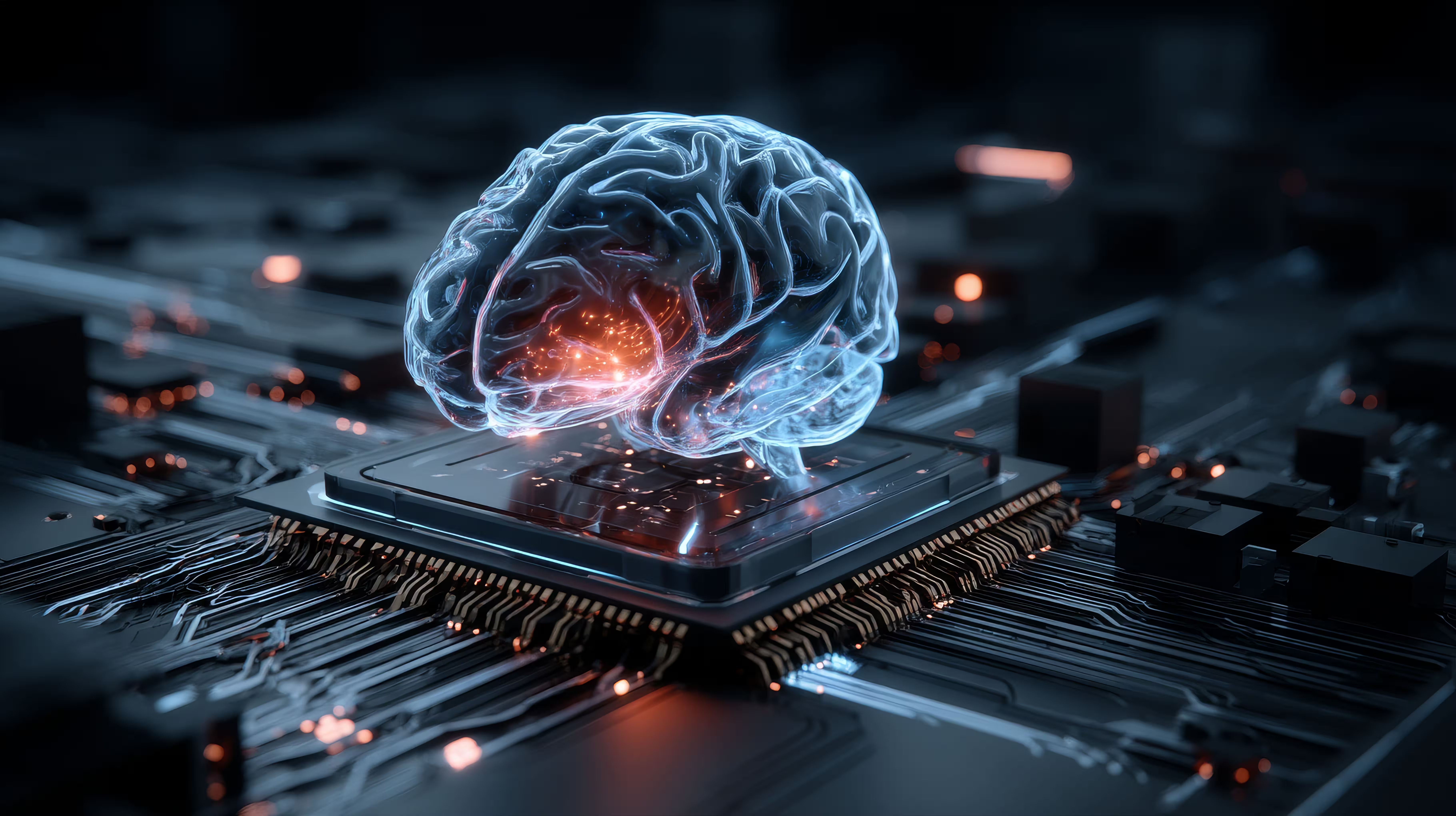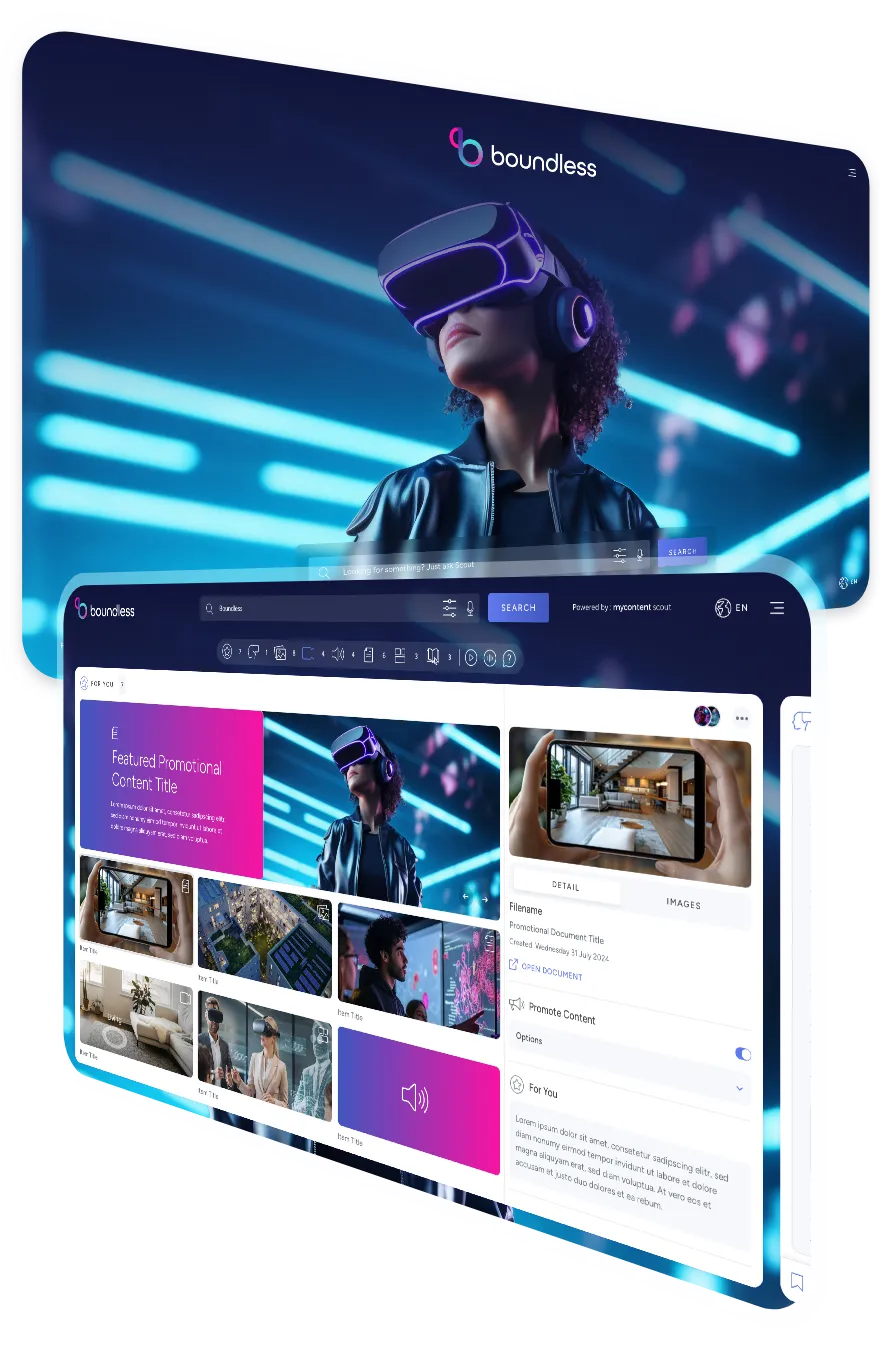
Modern workplaces generate more information than ever before. According to McKinsey, knowledge workers spend up to 20% of their time searching for information, a day lost each week simply navigating scattered documents, emails, and intranet pages. Legacy intranets were designed for a time when employees could memorise file hierarchies and expected knowledge growth to be linear. Today, content spans multiple formats (PDFs, video recordings, dashboards, images) and is constantly updated, making traditional filing systems increasingly inadequate.
This knowledge overload impacts decision-making, onboarding, and day-to-day productivity. Teams duplicate work unknowingly, new employees struggle to find guidance, and critical insights remain buried. Organisations cannot simply add more storage; they need a solution that brings clarity and accessibility to their knowledge ecosystem.

AI knowledge platforms are more than advanced search engines. Unlike traditional intranets that require users to know where to look, these platforms interpret queries in natural language and connect information across formats, sources, and teams.
Key capabilities include:
For instance, arXiv research shows that AI-assisted knowledge retrieval can reduce search times by up to 23%, demonstrating measurable efficiency gains across knowledge-heavy organisations.
MyContentScout acts as an AI colleague embedded within your digital workplace. It does not replace existing systems like SharePoint or Google Drive but overlays them with a unified layer of intelligence. Employees no longer need to remember file locations—they simply ask the question, and the platform retrieves the answer with context.
This “digital colleague” is particularly valuable for onboarding and cross-team collaboration. A new marketing coordinator, for example, could ask, “What is our brand voice for social media?” and instantly receive relevant style guides, campaign examples, and approved templates. What previously required weeks of fragmented learning now takes minutes.
Similarly, HR teams benefit from a centralised AI resource. Questions regarding international parental leave policies or legal updates, often scattered across documents, emails, and meeting recordings, can now be answered quickly and accurately, reducing delays and improving compliance.

Senior leaders are among the first to benefit from AI-powered knowledge platforms. Automated summarisation of reports, dashboards, and project updates enables executives to make faster, more informed decisions. Research from Deloitte notes that organisations integrating AI into decision workflows report up to 30% faster project completion times and measurable productivity gains.
Experienced professionals, such as analysts, developers, and data scientists, see AI augmenting their capabilities rather than replacing them. Platforms like MyContentScout allow these employees to quickly retrieve relevant project documentation, technical references, or code snippets. This amplifies efficiency, freeing time for strategic tasks, problem-solving, and innovation.
The challenge of traditional entry-level roles is that automation and AI have displaced many routine tasks once used to gain hands-on experience. AI platforms can mitigate this by acting as an intelligent guide, offering structured, contextual knowledge and mentorship-like support. A junior analyst, for example, can learn how to prepare financial models or draft reports through AI-curated examples, reducing reliance on overburdened senior staff.
Creative departments face a unique adoption curve. While AI in coding or analytics is mature, tools for design, video, or content creation are still evolving. MyContentScout supports creatives by providing relevant assets, examples, and project histories. As generative AI tools for design improve, creative teams equipped with AI-driven knowledge management systems will be better positioned to integrate automation without sacrificing originality or strategy.
The AI colleague represents a paradigm shift. Knowledge management is no longer about storing information. It is about understanding, connecting, and applying it. Organisations that integrate platforms like MyContentScout can expect:
The long-term competitive advantage lies in treating knowledge as a strategic asset. Companies that can deploy AI as a collaborative, human-centred tool rather than a replacement for labour will build resilience, retain talent, and accelerate decision-making.
.avif)
Transitioning to an AI-powered knowledge ecosystem does not require abandoning existing content or workflows. Integration with identity management ensures security compliance while providing seamless access. For example, employees without permission to view HR documents will not receive them in search results, maintaining confidentiality without impeding productivity.
Success depends on thoughtful adoption:
The organisations that thrive are those that treat AI as a digital colleague rather than a tool or a threat.
The AI colleague is no longer a concept. It is a practical reality reshaping how organisations access, share, and validate knowledge. Platforms like MyContentScout demonstrate that AI can be integrated into existing systems to improve productivity, learning, and collaboration without disruption.
By prioritising understanding over filing, context over storage, and answers over links, companies can transform knowledge management from a static repository into a dynamic, living asset. The future of work is collaborative, intelligent, and AI-augmented, but only for those organisations willing to embrace this transformation thoughtfully.

Get in touch with our team to arrange a demo of MyContentScout and see how it could transform your workflow with AI search, content analysis and categorisation, saving you time and providing smart insights from various sources.
